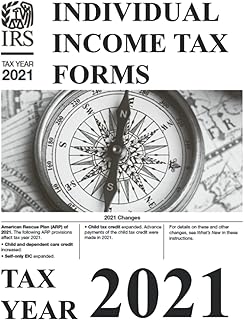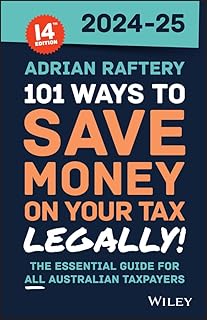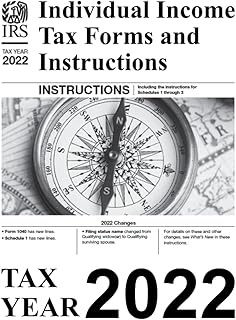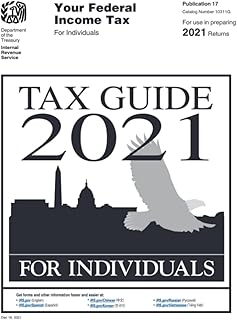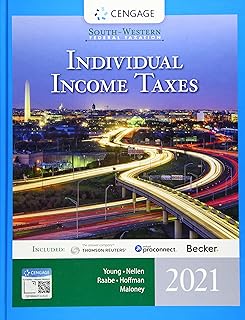The Superannuation Members Council (SMC) has urged the government to allocate a portion of the significant super tax windfall from the Budget to enhance the low-income superannuation tax offset (LISTO). This move aims to prevent many Australians from facing higher taxes on their super compared to their income. The Budget projections reveal an increase in tax revenue from super funds, driven by higher investment earnings and contributions due to robust employment levels.
SMC emphasized that a majority of LISTO recipients are women, highlighting the potential impact of raising the offset on narrowing the superannuation gender gap. However, the government cautioned that super fund taxes can vary significantly year-to-year due to fluctuations in investment earnings and tax payment timing.
In this Budget, the government refrained from major changes in the superannuation sector, providing a sense of relief to an industry that has been grappling with ongoing regulatory adjustments aimed at improving retirement income offerings and member advice quality. Treasurer Jim Chalmers centered the Budget around easing cost-of-living pressures for Australian households and positioning the government for the upcoming election against the Coalition.
Industry associations like SMC, the Association of Superannuation Funds of Australia (ASFA), and the Financial Services Council (FSC) had predicted a quiet Budget night for superannuation, and their expectations were met. SMC welcomed the confirmation that reforms related to payday super remain on track for implementation in July 2026, with the Budget allocating funds to support this initiative.
The FSC highlighted increased funding for the Tax Integrity Program to ensure timely payment of superannuation liabilities by businesses, benefiting employees. ASFA commended the additional support for the Australian Taxation Office to combat tax avoidance and facilitate the payday super regime, citing past instances of substantial unpaid super being reclaimed for employees.
Moreover, the Budget allocated resources to the National Anti-Scam Centre to safeguard consumers, with a focus on protecting individuals from superannuation-related scams. The overall Budget deficit for 2025-26 was reported at $27.6 billion, following two consecutive years of surpluses.
Treasurer Chalmers highlighted positive economic indicators such as low unemployment, rising wages, and improved growth, alongside significant Budget improvements. In contrast, Shadow Treasurer Angus Taylor criticized the Budget as short-term focused, lacking strategies for long-term economic and national security challenges.
Overall, the Budget’s impact on the superannuation sector was relatively subdued, aligning with industry expectations. The industry awaits further developments post-election to gauge the trajectory of superannuation policy and regulatory changes in the coming years.
📰 Related Articles
- Tax Expert Urges Superannuation Reforms for Fairer Retirement System
- World Bank Urges Action on Declining Government Health Spending
- University Study Urges Enhanced Inclusion Strategies for Students with Disabilities
- Treasurer Jim Chalmers Stands Firm on Superannuation Tax Plan
- Superannuation Tax Showdown Looms in Parliament Amid Legislative Debate
